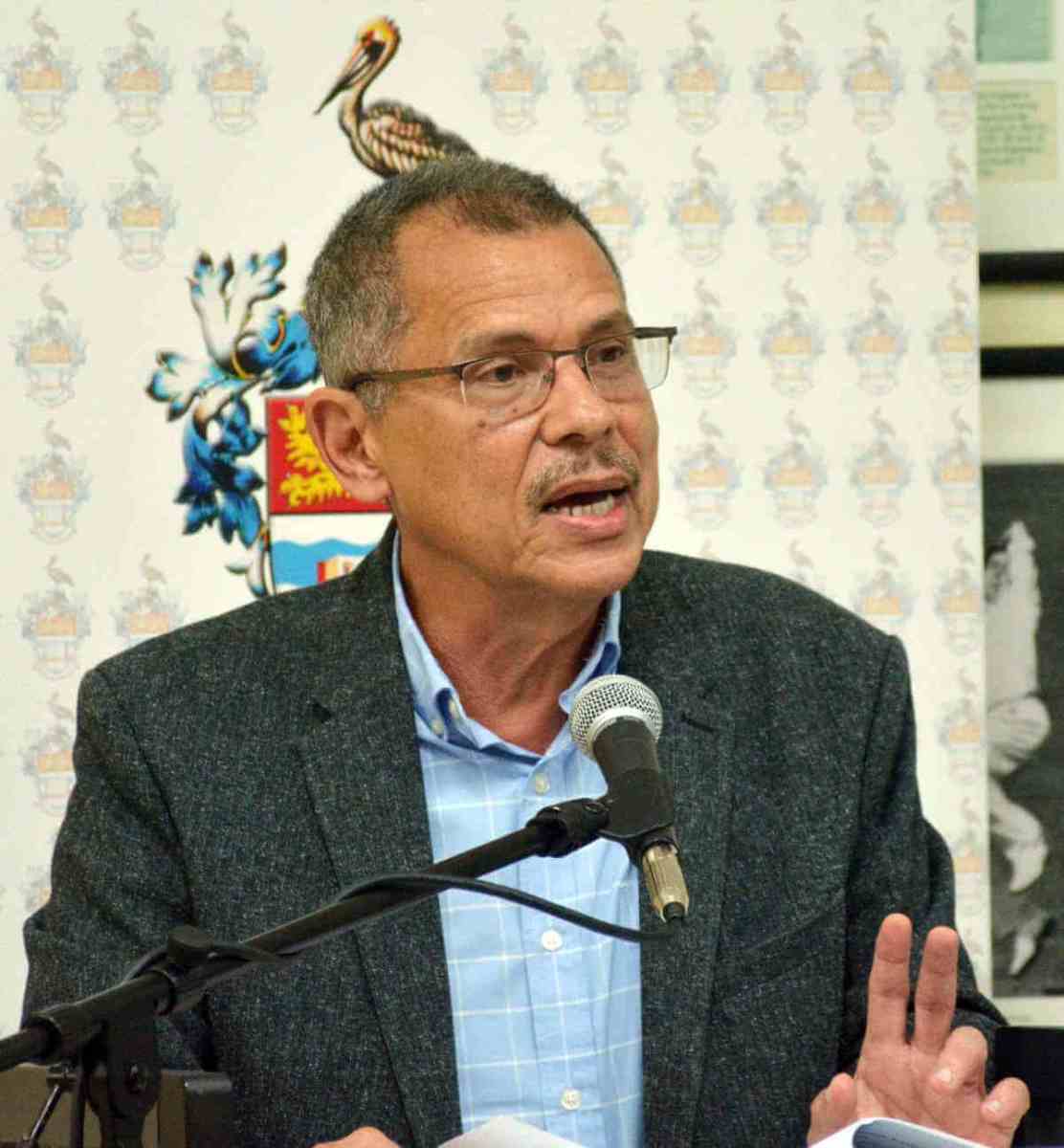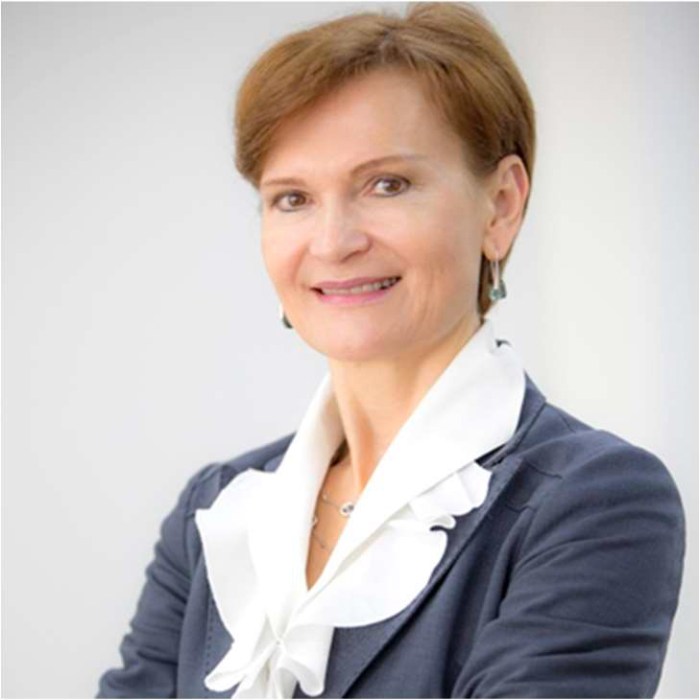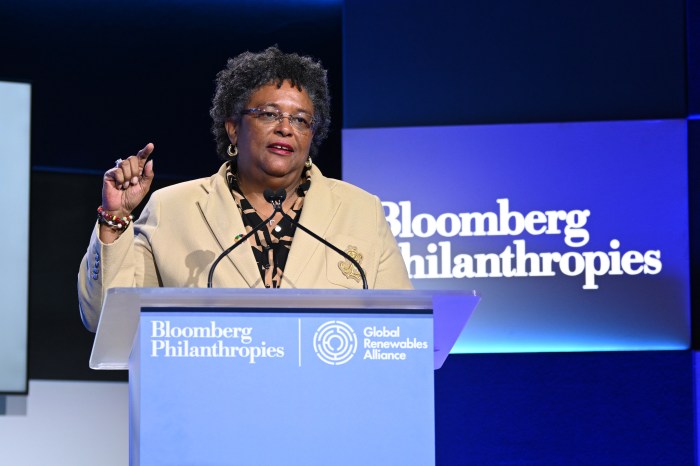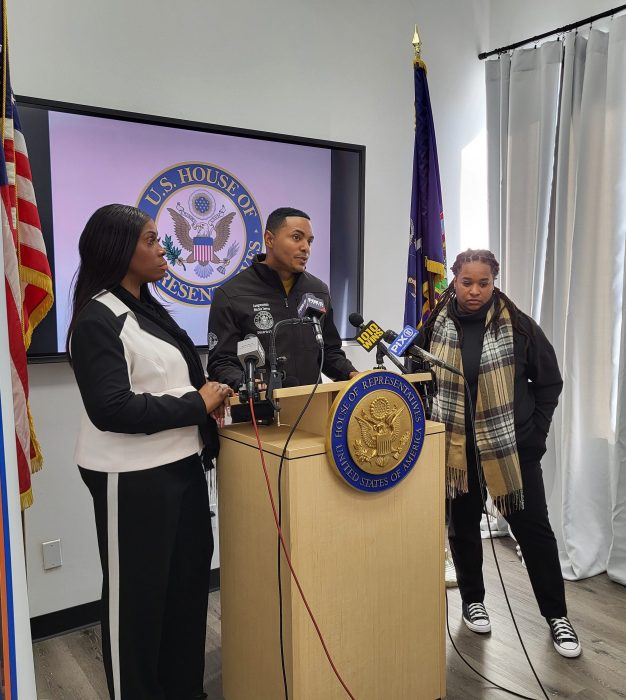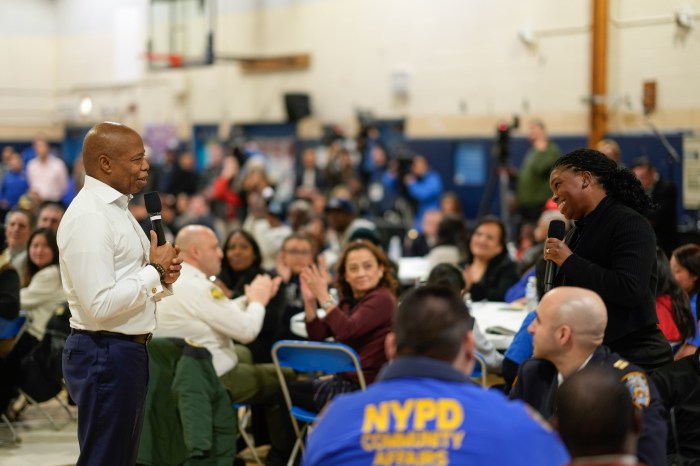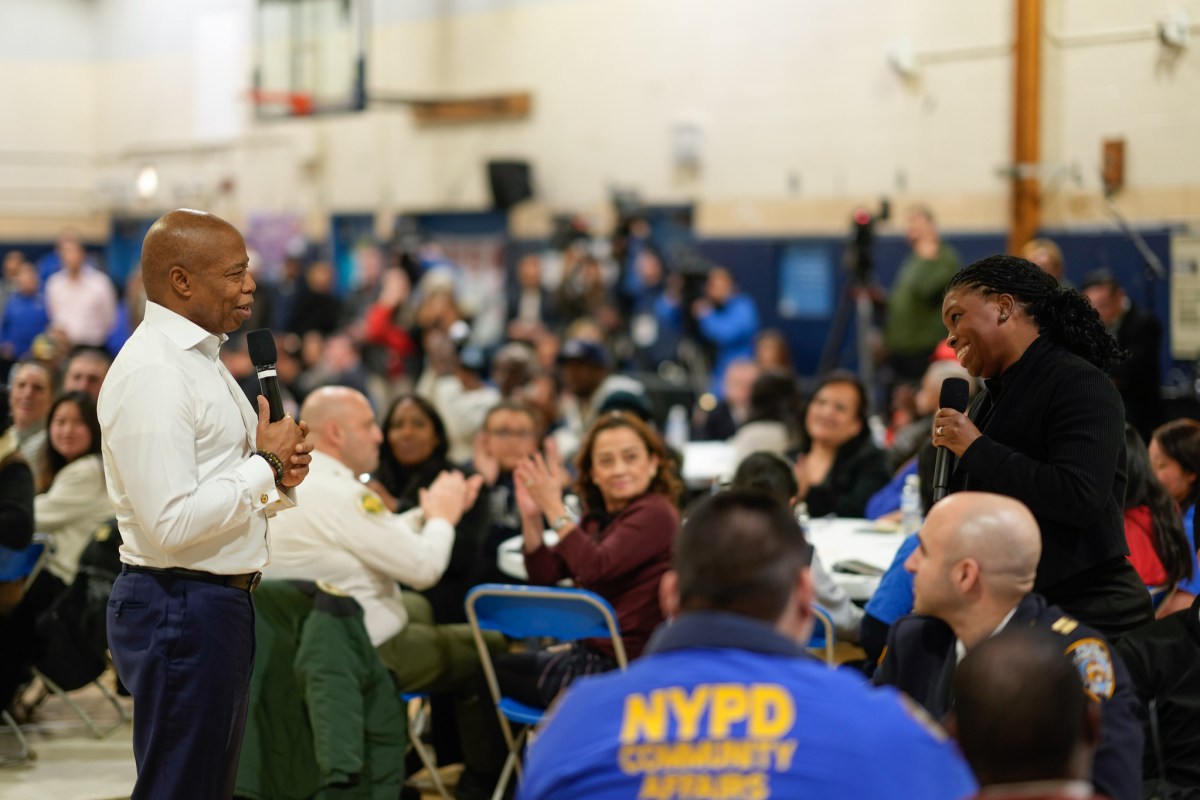On the eve of the 36th death anniversary of Grenada’s Maurice Rupert Bishop who led New Jewel Movement political party members in the first revolutionary takeover of a government in the English-speaking Caribbean, an academic has contended that the 1979 takeover of government was unique.
Chair of Africana Studies at Brown University, Rhode Island, USA, Professor Brian Meeks, has said that not only is 4 ½ years revolution the first of the English-speaking Caribbean, but something not likely to re-occur though lessons from it are aplenty.
“My argument is straight-forward. It is that lost in the detritus [waste / destruction] of the 1983 tragedy there were initiatives taken that went beyond any experiment tried anywhere in the anglophone Caribbean; and that if in the future we are to rethink and rebuild a Caribbean that is in the interest of the people; if indeed we are to emancipate ourselves from mental slavery, then we must not only learn from what the Grenada revolution did wrong, but also what it did right,” Meeks said days ago as he delivered a lecture on the topic hosted by the University of the West Indies, Cave Hill Campus, Barbados.
Led by charismatic Maurice Bishop, the New Jewel Movement took reins of control of the Grenada government while its elected prime minister, Eric Gairy was attending a United Nations meeting in 1979.
There followed, until 1983, an unusual voyage for a Caribbean nation into a people-oriented form of governance with a strong Leninist influence that eventually broke up through leadership disputes that led to the execution of Bishop and several associates on Oct. 19, and an invasion by mainly US forces six days later.
Meeks, a Jamaican, described the tragic break-up of the revolution as ‘those dark days in October’ and said academics should “gaze more purposefully on the historical tributaries that led to revolutionary period, as well as the estuaries that emerged from it and can still be traced in the social and political life of Grenada in the decades that have accumulated since those heady times.”
The author of several books on Caribbean politics said, “there is of course nothing inherently wrong in trying to understand the origin and course of the 1983 crisis,” but offered that, “this exercise inevitably obscures the day to day reality of some 4 ½ years, more than 1,670 days of the most remarkable social experiment in Anglophone Caribbean since emancipation in 1838.”
“We may never ever see an upheaval and a rupture in the way it took place in Grenada in 1979 because these things are rare. But also, the world we live in today is a completely different world, far more inter-linked.
“It doesn’t mean that we can’t look at what was achieved and what was not achieved, on a scale of good and bad.”
Meeks lecture was followed by a symposium at which one of the panellists, Associate Professor of Caribbean and Diaspora Studies, Arizona State University, USA, Dr. David Hinds, listed rebellion in Union Island; protests in Guyana leading to assassination of Walter Rodney; insurrection that fell a Dominica government; a St. Lucia radical vote for change to a leftist government; and revolution in Suriname, all in the 1970s and 1980, as the influencing atmosphere for Maurice Bishop and the NJM.
“All of these rebellions and insurrections were happening in the Caribbean at the same time of the Grenadian revolution.”
While endorsing Hinds’ analysis, Professor Meeks posited that causal factors of the Grenada revolution were more and different.
Distinguishing between popular upheaval, a revolutionary situation, and a revolution, he said, “in the Anglophone Caribbean, in the 1970s, there was only one revolution. It was the revolution in Grenada.”
Meeks added Trinidad and Tobago to the list Dr. Hinds had put forward.
He however said of the lot, except Suriname, “there was a period of upheaval but in only one country was there a revolution, an overthrow of the state and an attempt to reconstruct the society on entirely different foundations.”
“There were special conditions in Grenada, which led to a revolutionary situation.”
He said that unlike most of the Caribbean that experienced labour unrest between 1936 to 1938 giving rise to trade unions and political parties, “this is postponed in Grenada and it happens in 1951” when Gairy was elected to the colony of Grenada’s Legislative Council.
“Gairy comes to the fore, but his very existence, his personage, doesn’t fit the bill. And the middle classes … are very unhappy with him. The upper classes are very unhappy with him.”
Discriminatory practices of Gairy, who was in and out of office, served as premier and led the country to independence in 1974, was at the same time angering working class Grenadians.
“So what we were having is this crisis at the top in that the people who are the economic and social elites are not having the political leader. They’re hostile to him.
“There is no united top, a crisis from below as people are not seeing the benefits of Gairyism.
“This crisis at the top and crisis from below is the context in which the New Jewel Movement emerged as an organisation.”


